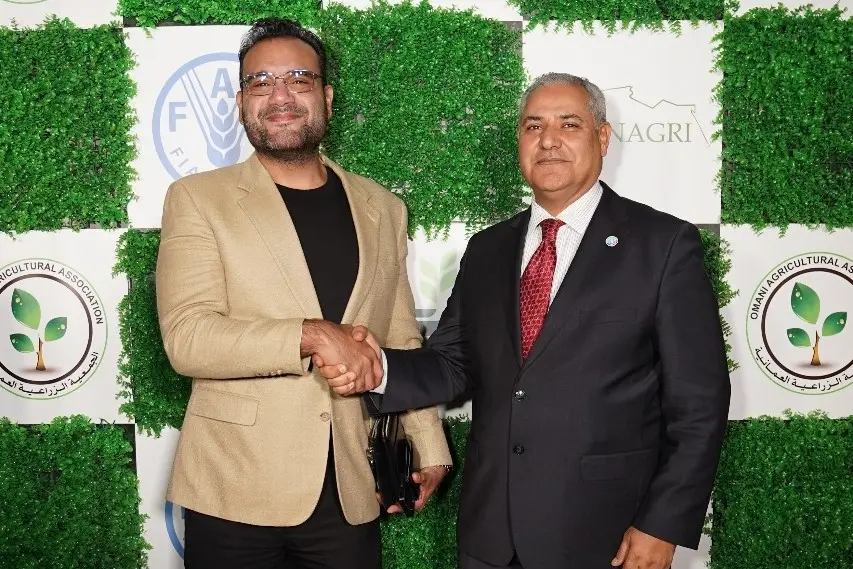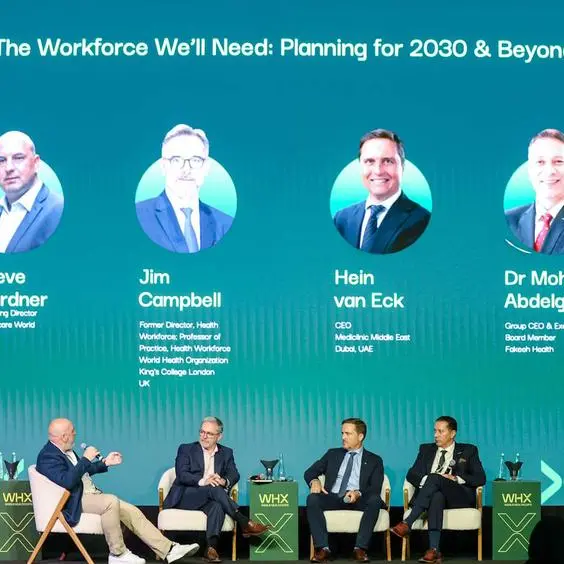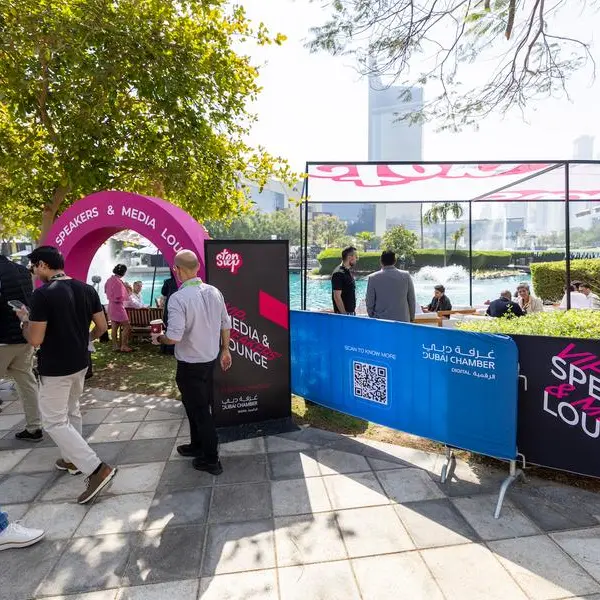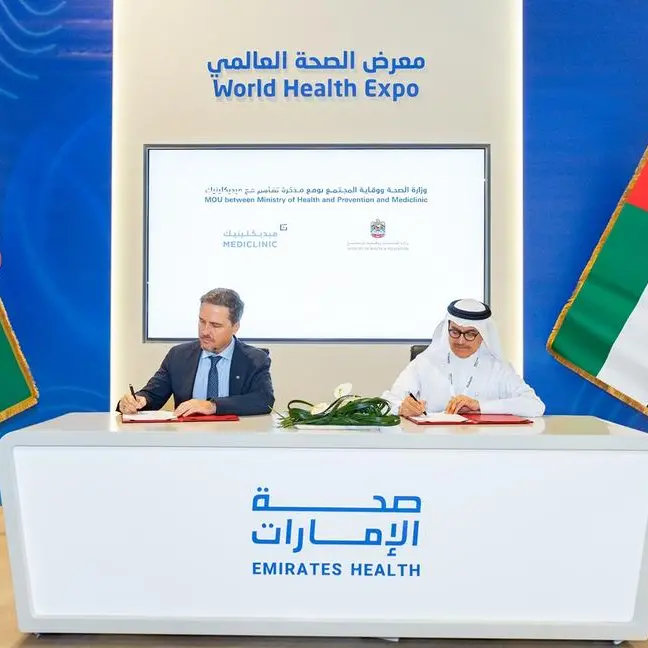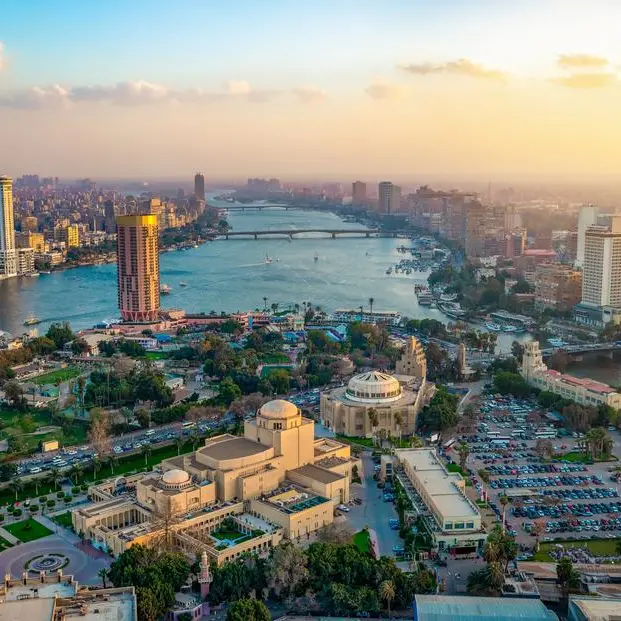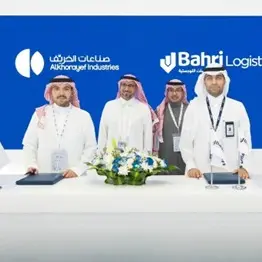PHOTO
The Egyptian Food Bank took the lead in hosting the Civil Society Consultation meeting: "Actionable Strategies for Sustainable Agri-food Systems in the Near East and North Africa". The pivotal two-day event was organized in collaboration with the Maghrebian and North African Farmers Union (UMNAGRI), the Omani Agriculture Association, the Arab Society for Plant Protection, and in partnership with the United Nations Food and Agriculture Organization (FAO). The meeting came in preparation to FAO’s 37th Session of the Regional Conference for the Near East (#NERC37) , The Civil Society Consultation meeting featured the participation of various NGOs in the region, which host and lead the discussions bi-yearly. Notably, this marks the inaugural occasion for the Egyptian Food Bank to assume a leading role in hosting and organizing the meeting, underscoring the organization's expanding influence and dedication to fostering sustainable agrifood systems in the Near East and North Africa (NENA) region.
“Civil society is a key partner in the effort to eliminate hunger for more than 800 million people and to respond to the different structural challenges that our world faces today, and more specifically in our region”, Said Abdulhakim Elwaer, FAO’s Assistant Director- General and Regional Representative for the Near East and North Africa.
“One of the main objectives of the Civil Society Organizations Consultations is to gather their contributions to the debates that are carried out during the 37th Session of FAO Regional Conference for the Near East. FAO acknowledges the pivotal role that CSOs play in combating hunger, owing to their technical expertise, their close connection with and representation of the hungry and poor, and their expanding presence in the field.” Elwaer added.
“The Egyptian Food Bank fosters collaborative communities by facilitating the exchange of knowledge among diverse stakeholders which falls under the strategic pillar Elevate. This strategic undertaking represents a significant effort by EFB, and we take pride in our involvement as it underscores our organizational commitment and the trust placed in us by our partner FAO," remarked Mohsen Sarhan, CEO of the Egyptian Food Bank.
He added, "We believe that by hosting these two meetings, we are contributing to the elevation of knowledge and collaboration particularly that it comes after our recent celebration for community based organizations as part of the second phase of adding and contracting with the associations that play a crucial role in various governorates across Egypt. It's a unique opportunity for diverse civil society voices to contribute their unique perspectives and expertise in shaping sustainable, resilient, and inclusive agri-food systems in the region," added Sarhan.
The primary objective of this consultations meeting was to harness the influential role of civil society in catalyzing the transformation of agri-food systems. This involves translating visionary ideas into practical, implementable actions that can drive positive change. The meeting aims to empower civil society in the region by providing a strategic platform for discussions. Participants will actively contribute to the FAO's Strategic Framework and its Program Priority Areas (PPAs), delving deep into technical aspects, and preparing valuable contributions to the specific agenda of the 37th FAO Regional Conference for the Near East (NERC37). These findings will be further discussed during the meeting scheduled to be held in Amman in March, shaping the trajectory for additional actions and initiatives.
Leveraging on the vital role of civil society in the ongoing transformation of agri-food systems, the key focus of the event was to translate innovative visions and ideas into tangible actions that can bring about meaningful outcomes. Providing a platform for diverse civil society voices, the meeting aimed at fostering an inclusive environment where unique perspectives and expertise contribute to shaping sustainable, resilient, and inclusive agri-food systems in the region.
Through the two-day event, the FAO’s Four Regional Priorities, designed to transform the agri-food systems in the region, will take center stage. These priorities encompass a holistic approach to addressing key challenges and opportunities. The top priority was focusing on rural transformation and inclusive value chains which are intended to enhance productivity and income, with special attention given to fostering youth and women's empowerment, aiming to bridge the rural and urban divide. This is followed by the second priority which is the imperative of food security and healthy diets for all underscoring a commitment to addressing trade dynamics, ensuring food safety and quality assurance, and promoting nutrition education. The third priority revolved around greening agriculture, emphasizing concerted efforts to tackle water scarcity, ensure environmental sustainability, and take decisive actions against climate change. In addition, building resilience to multiple shocks, protracted crises, and disasters is the fourth critical priority. This involves a dedicated focus on strengthening social protection measures, implementing robust risk management strategies, and advocating for sustainable agricultural practices.
The event witnessed attendance by notable speakers including Mohsen Sarhan, CEO of the Egyptian Food Bank; AbdulHakim Elwaer, Assistant Director-General, Regional Representative for Near East and North Africa FAO; Ibrahim Al-Jboory, President Arab Society for Plant Protection; Razan Zuayter, President The Arab Group for the Protection of Nature; and Raja Mechergui, Coordinator, responsible for international cooperation and the UMNAGRI partnership. Furthermore, the event featured four moderators namely Aliaa Ahmed, Head of Growth Lab for the Egyptian Food Bank; Kareeman Shoeir, Head of Research for John D. Gerhart Center; Sara William, Policy Manager for Abdul Latif Poverty Action Lab – JPAL and Mohamed El Karamany, Senior Director of Policy at Synerjies and Assisstant Professor of Public Policy at AUC
The anticipated outcomes of this initiative encompass a range of impactful results. Firstly, the generation of actionable implementation plans is expected, comprising detailed strategies and roadmaps for each thematic area. These plans will emphasize immediate and measurable actions that can drive positive change in regional agrifood systems. The meeting also aimed to strengthen the civil society network by fostering enhanced collaboration among civil society organizations. This collaborative approach seeks to establish a more unified front in addressing regional agri-food challenges and ensuring a rich and diverse representation of views and experiences within the network.
Furthermore, the two- days meeting aspired to exert influence at the policy level through comprehensive civil society declarations. These declarations will encapsulate collective views and strategies, poised to shape and influence the outcomes of NERC 37 and regional policymaking.
The initiative also seeks to foster regional collaboration by strengthening networks among CSOs in the NENA region. This collaborative approach aims to address regional agri-food challenges collectively, fostering a united front in overcoming shared obstacles
About EFB
The Egyptian Food Bank was established in 2004 as a non-governmental organization aimed at achieving food security in Egypt, and for 19 years, the Food Bank has continued to support the underprivileged families in Egypt who face difficulties and challenges in obtaining sufficient, safe and nutritious food, which directly contributed to alleviating the suffering from hunger at the national level.
